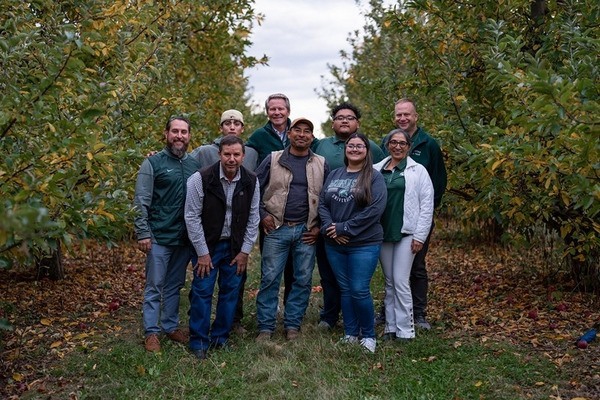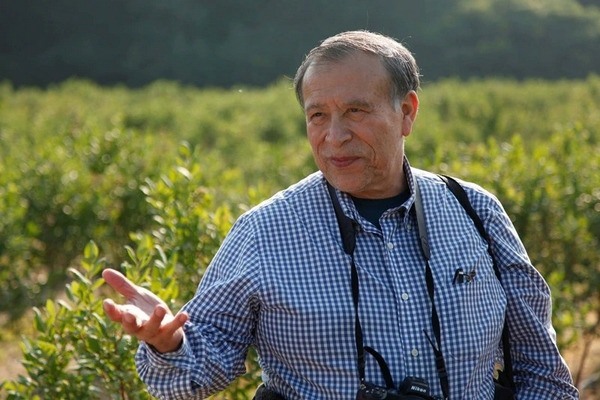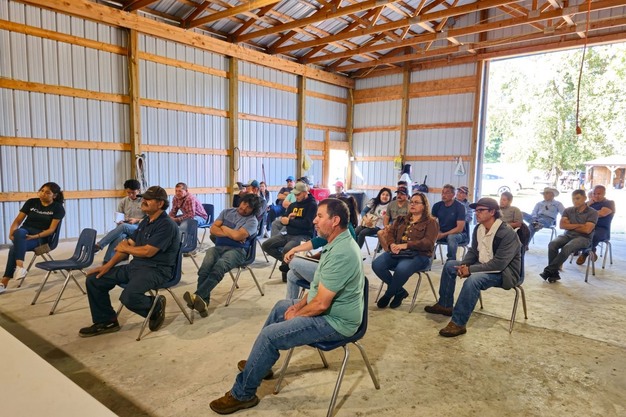For the past 10 years, Michigan State University's Great Lakes Latina/o Farmers Program, formerly La Cosecha, has helped first-generation farmers by providing training in agricultural practices. The program recently received a $750,000 grant from the U.S. Department of Agriculture to support its initiatives.

"We are incredibly proud of the success of this bilingual program and the ongoing efforts to support the next generation of Michigan farmers," said Matthew Daum, interim dean of the College of Agriculture and Natural Resources at MSU. "Securing the USDA grant is a testament to the dedication and hard work of everyone involved in this initiative."
The program is delivered by faculty and MSU Extension educators who train farmers in pest management, forest carbon management, climate change mitigation, crop production and diversification, business and marketing as well as packaging. An important aspect of this program and its training is that it can be provided in Spanish. This means there isn't a language barrier between the farmers and the training facilitators. The program operates by engaging with the farmers on a personal level and with an understanding of cultural and linguistic norms.
Professor Eva Almenar from the School of Packaging provides workshops for first-generation Latina/o farmers, teaching farmers how to package their fruits and vegetables to better preserve their products and extend its shelf life to become a more competitive force in the market. Almenar's workshops also help farmers learn how to improve and grow their businesses — from introducing concepts of sustainable farming practices to cost-efficient methods of farm operations and management. Almenar also developed questionnaires to provide participants before and after the workshops to evaluate what farmers learned and what topics need more focus.

It is a pleasure to interact with Latina farmers and learn from them. It goes two ways, and you both check your knowledge," said Almenar.
David MacFarlane, a professor in the Department of Forestry, delivers workshops on managing forest land that's adjacent to farmers' crop fields using climate-smart methods. In collaboration with the Entomology faculty, MacFarlane also teaches farmers about the connection between forests and pollination.
Additionally, through the program, MacFarlane's working on new funding opportunities for first-generation Latina/o farmers to pursue — opportunities that, largely, are unknown to this community due to language barriers. The program is a great way for these farmers to build not only on their existing skill sets and knowledge but to develop a network of trusted information and resources to support their success.

"First-generation farmers don't have historic family connections for forestry, which creates entry barriers to success," MacFarlane said.
The workshops aim to reduce these barriers by integrating language and culture into the educational materials they receive.
To read the full report, click here.
For more information:
Henry Mochida
MSU Today
Tel: +1 (517) 355-1855
Email: [email protected]
www.msutoday.msu.edu
